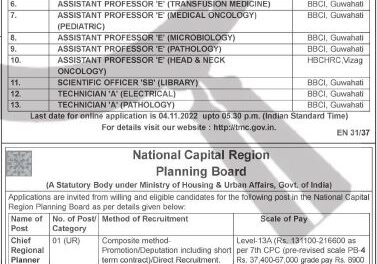In order to improve the health outcomes for these newborn babies, the World Health Organization has issued updates for two interventions. One set of recommendations focuses on the use of antenatal corticosteroids. These drugs cross the placenta and enhance the structural maturity of the fetus’ developing lungs, helping to prevent respiratory-related morbidity and mortality in preterm newborns.
Safe and effective for use in low-income countries
This recommendation (and its nine sub-recommendations) resolves previous confusion about evidence on their use in low-resource settings. Clinical trials in high-resource settings suggested that antenatal corticosteroids were safe and beneficial to newborn outcomes. The Antenatal Corticosteroids Trial in lower-income countries however found a significant increase in the number of perinatal deaths (5 excess deaths per 1000 women exposed to the treatment) and maternal infections. A subsequent trial (WHO ACTION-1) also in lower-income countries found that under the right conditions, antenatal corticosteroids were safe and effective.
New recommendation on tocolytic drugs
Another new WHO recommendation out today, is for the use of tocolytic treatments. Tocolytic drugs inhibit contractions of the uterus and can be used to delay preterm labour and prolong pregnancy. This has multiple benefits; giving more time for fetal development, and for administering antenatal corticosteroids. It also creates a window of time for women to be transferred to a higher level of care, if necessary.
“These recommendations provide clear guidance to health professionals on the management of preterm birth and have the potential to improve the health of newborn babies, even in low-resource settings.” Dr Doris Chou, Medical Officer, Department of Sexual and Reproductive Health and Research.
In the 2015 WHO recommendations on interventions to improve preterm birth outcomes, tocolytic treatments (acute and maintenance treatments) were not recommended for women at risk of imminent preterm as there was insufficient evidence demonstrating substantive benefits. A review of the evidence in 2022, however, has recommended in favour of nifedipine for acute and maintenance tocolytic therapy for women with a high likelihood of preterm birth, when certain conditions are met.
In formulating these recommendations, WHO, in addition to considering the clinical evidence also considered aspects of cost-effectiveness, feasibility and resources, equity and whether the intervention was valued by and acceptable to stakeholders including clinicians as well as women and their families.
Useful links
WHO recommendations
WHO recommendations on antenatal corticosteroids for improving preterm birth outcomes, 2022
WHO recommendation on tocolytic therapy for improving preterm birth outcomes, 2022
WHO recommendations on interventions to improve preterm birth outcomes, 2015
Video
Can antenatal corticosteroids prevent preterm infant death and morbidity in low-resource settings?, 2022












